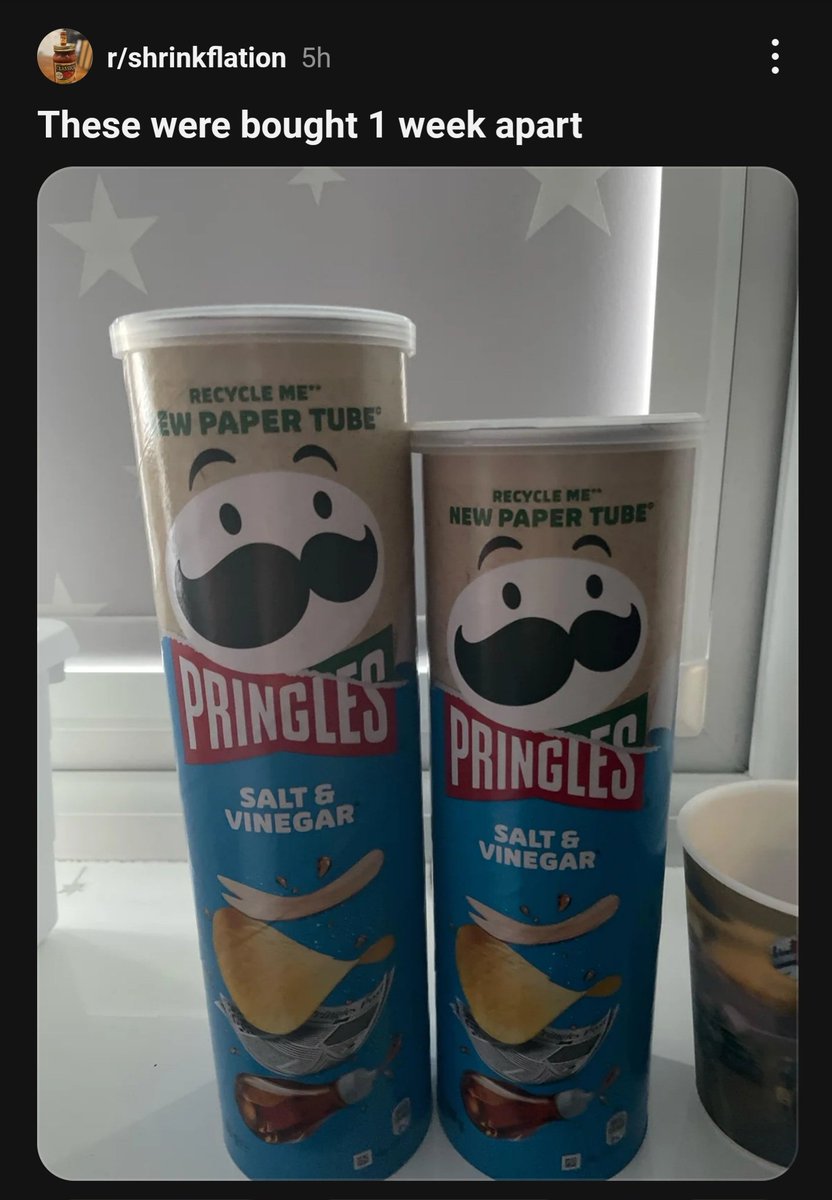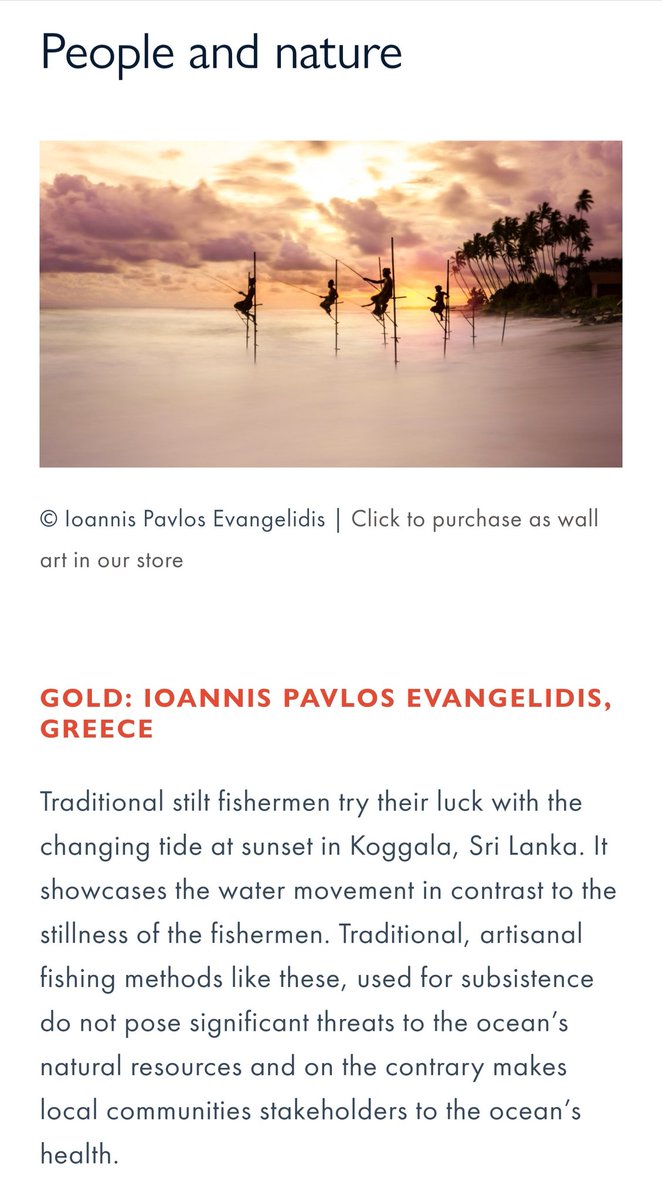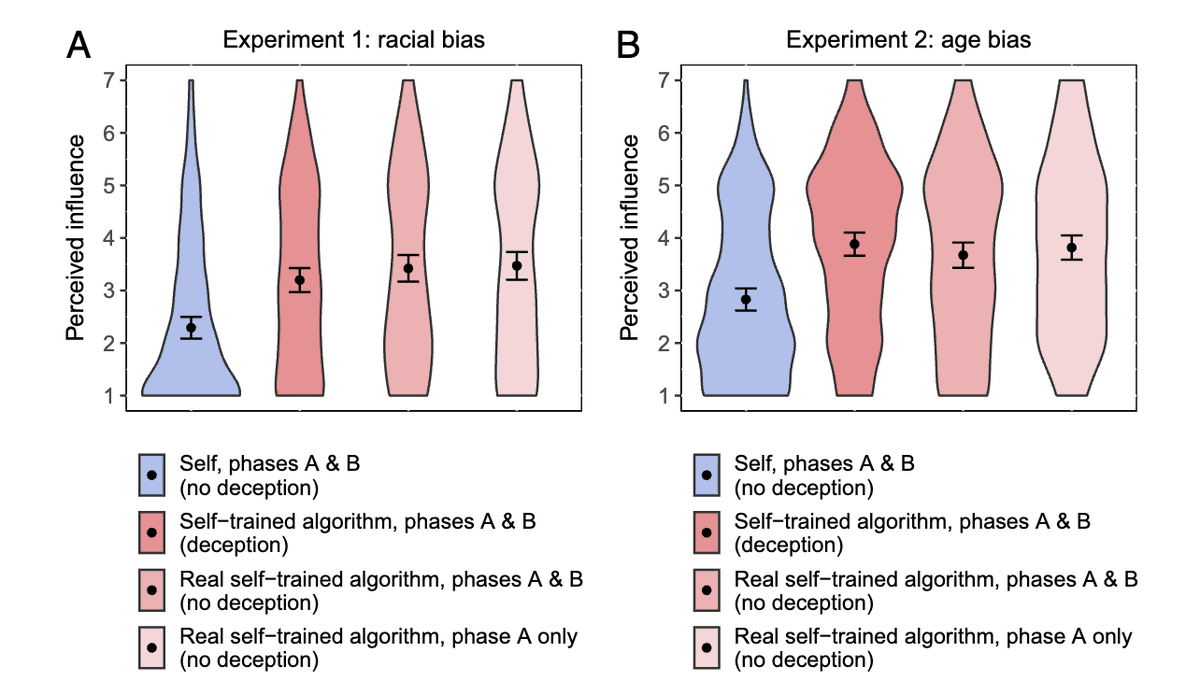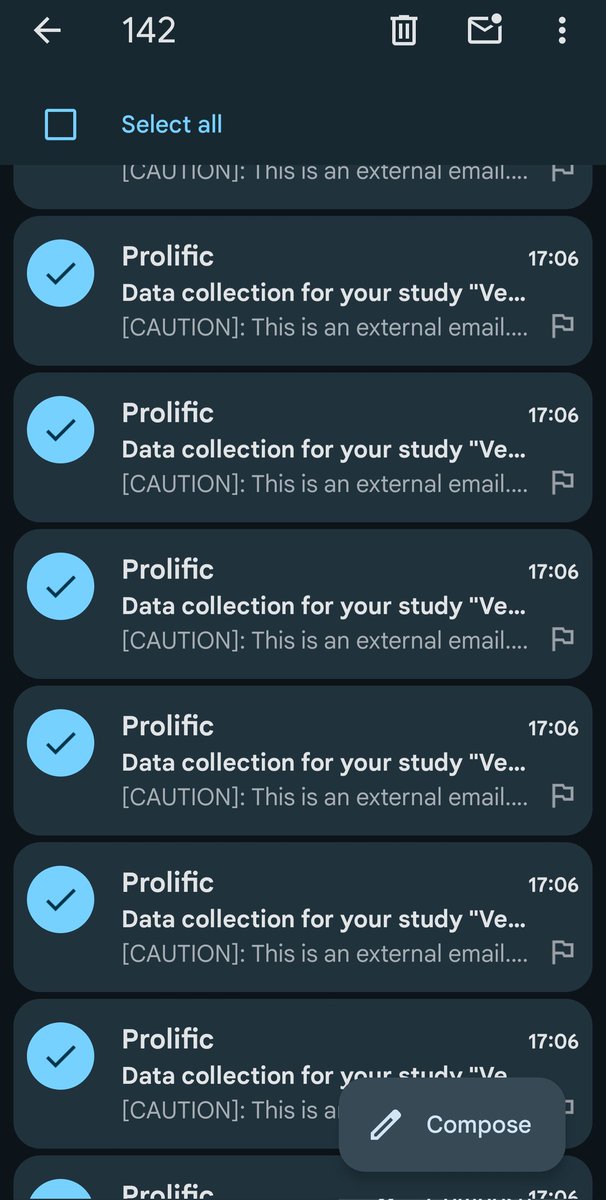
Ioannis Evangelidis
@i_evangelidis
Associate Professor @ESADE. Behavioral scientist interested in judgment & decision making, measurement, data analytics, replications, open science, etc.
ID: 1207229128304283650
https://sites.google.com/site/ioannisevangelidis/ 18-12-2019 09:20:45
839 Tweet
994 Followers
214 Following




New paper alert! pubsonline.informs.org/doi/full/10.12… Ever wonder how people's choices change over multiple predictions? Uri Barnea and I find that people are more likely to forecast the improbable outcome - like an underdog winning a game - in LATER (vs. earlier) predictions in a sequence.

New publication PNASNews: Frequent winners explain apparent skewness preferences in experience-based decisions pnas.org/doi/epdf/10.10… With Mikhail Spektor and Gael Le Mens Thread(1/7)>>>


Woke up to the good news that our paper (w/ Nicholas Reinholtz) on group sequential designs is accepted at Journal of Consumer Research ! Want to learn more about designing more efficient and more informative studies? This blog post summarizes the key insights from our paper: quentinandre.net/post/more-effi…





Quentin André Uri Simonsohn Ioannis Evangelidis Thanks, Quentin! We now have a preprint: papers.ssrn.com/sol3/papers.cf…


Wondering how to best sample stimuli for your studies? Are you asking yourself how to analyze the data from studies with multiple stimuli? If the answer to either question is yes, then we have answers for you. Tune in for a presentation of our paper by Uri Simonsohn












